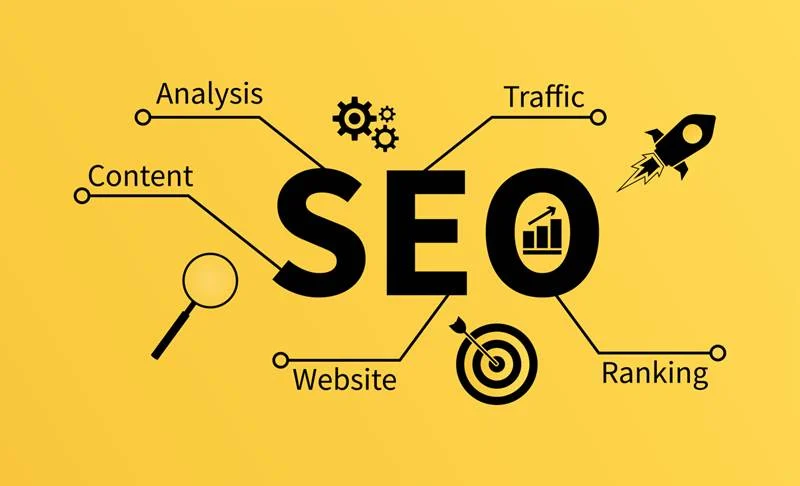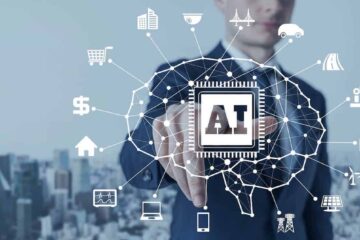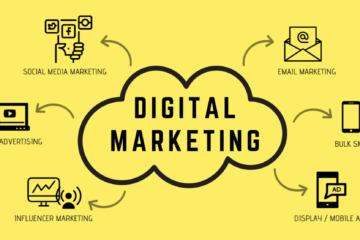Introduction:
In the dynamic realm of digital marketing, Search Engine Optimization (SEO) plays a pivotal role in determining a website’s visibility and success. As technology continues to advance, Artificial Intelligence (AI) is becoming an indispensable tool for SEO professionals and digital marketers. In this blog post, we’ll delve into the transformative impact of AI on SEO and explore how businesses can leverage these technologies to enhance their online presence and stay ahead in the competitive digital landscape.
- Understanding AI in SEO:
AI in SEO involves the integration of machine learning algorithms and advanced data analytics to optimize a website’s performance in search engine results. These AI-driven tools enable SEO professionals to analyze vast amounts of data, identify patterns, and adapt strategies in real-time to align with ever-changing search engine algorithms.
- Content Creation and Optimization:
AI algorithms are increasingly being used to generate high-quality and relevant content. Natural Language Processing (NLP) enables machines to understand and interpret human language, allowing AI to create content that resonates with users. AI tools can also assist in optimizing content by analyzing keywords, ensuring proper formatting, and enhancing overall readability, which contributes to higher search engine rankings.
- Predictive Analytics for Keyword Research:
AI excels at predictive analytics, and this capability is invaluable in the realm of keyword research. AI tools can analyze user behavior, search trends, and historical data to predict which keywords are likely to be more effective in the future. This enables SEO professionals to stay ahead of the curve and optimize their content for the most relevant and impactful keywords.
- User Experience Enhancement:
Search engines increasingly prioritize user experience in their ranking algorithms. AI technologies, such as machine learning algorithms and AI-driven user behavior analysis, help businesses understand how users interact with their websites. By gaining insights into user preferences, businesses can optimize their websites for a better user experience, leading to improved search engine rankings.
- Personalization and Search Intent:
AI-powered algorithms can analyze user search patterns and understand search intent more effectively. This allows businesses to tailor their content to meet the specific needs and preferences of their target audience. As search engines become more adept at understanding context and user intent, personalized content stands a better chance of ranking higher in search results.
- Voice Search Optimization:
With the rise of voice-activated devices and virtual assistants, optimizing for voice search has become crucial. AI technologies, particularly NLP, help search engines better understand and respond to voice queries. Businesses that adapt their SEO strategies to accommodate voice search are more likely to capture the growing market of users relying on voice-activated search.
- Algorithmic Updates and Adaptability:
Search engine algorithms are constantly evolving. AI provides SEO professionals with the ability to adapt to these changes rapidly. Machine learning algorithms can analyze algorithmic updates and adjust SEO strategies accordingly, ensuring that websites remain in compliance with search engine guidelines and maintain or improve their rankings.
Conclusion:
The integration of AI into SEO strategies represents a significant leap forward in the quest for online visibility and success. As search engines become more sophisticated, businesses that embrace AI technologies in their SEO efforts gain a competitive edge. From content creation and optimization to predictive analytics and adaptability to algorithmic updates, AI is reshaping the SEO landscape, offering new possibilities for businesses to connect with their target audience and thrive in the digital age. Stay ahead of the curve by harnessing the power of AI in your SEO strategy and positioning your website for success in the ever-evolving online environment.



